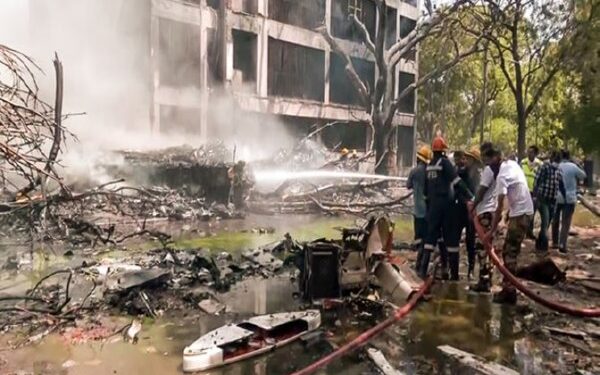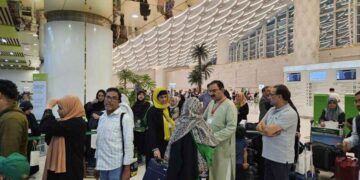While hearing the petitions challenging the Waqf (Amendment) Act, 2025, the Supreme Court on Wednesday asked the Central Government many strict questions. A bench of Chief Justice DY Chandrachud, Justice Sanjay Kumar and Justice KV Vishwanathan asked that if the ‘Waqf By user’ was rejected, what would happen to the historical mosques that do not have today’s documents.
The bench raised the question – “Most mosques built between 14th to 16th centuries do not have a registry. ‘How will you register Waqf by user’? If you remove it, a lot will be erased. Will you really decide that the user will not be a Waqf?”
Asked the Center – Can Muslims become part of the Hindu Trust? The Supreme Court also asked the Center whether Muslims would be allowed to be part of Hindu religious trusts when all members in the Waqf Board are Muslims? The court said, “All members of the Waqf Board and the Central Waqf Parishad should be Muslims, except ex -officio members. Then will Muslims be included in Hindu trusts?”
CJI questioned Kapil Sibal. To this, the CJI replied, “It has also happened in Hinduism … Parliament has enacted laws there too. Article 26 is not an obstacle in it, because it applies equally to all religions.”
On the land of Delhi High Court Waqf? Chief Justice Khanna commented that he was told that the Delhi High Court was built on Waqf property. However, the Delhi High Court clarified that the Waqf Board is not owned by 123 properties. He can only play the role of ‘Custodian’, if he is recognized as Waqf.
‘Whether or not, how will this state decide?’ Kapil Sibal objected that if a person wants to make a Waqf, he would have to give proof of following Islam for five years. “How will the state decide whether someone is a Muslim or not?” He said, “This is a matter of personal law of a person.”
‘Violence in the protest’ – The Supreme Court described the violence against the Waqf Act as “very worrying” during the Supreme Court hearing. The court said, “When the matter is pending with us, there should be no violence.”
Rhetoric intensified – from Mamta Banerjee to Union Minister
Mamta Banerjee termed the violence in Murshidabad as “pre-planned” and accused the central government of dividing communities.
Union Minister Kishan Reddy said, “We have done this work for the good of poor Muslims … Loot will have to be stopped in the name of Waqf.”
AAP MLA Amanatullah Khan said, “Why the District Magistrate is being given more power, I do not understand.”
The Chhattisgarh Waqf Board and Uttarakhand Waqf Board supported the Act and hoped that the Supreme Court would listen to the poor.
Now the next hearing on April 17 at 2 pm, the bench of the three-judges will now be heard again at 2 pm on April 17. The stance of the court is clear – there will be a serious review of the legal and historical aspects associated with Waqf, and a big decision can be taken on the ‘user -based Waqf’ without concrete documents.
Every court’s comment in this case will not only affect the management of Waqf properties, but can also prove to be a milestone in the context of religious freedom and interpretation of Articles 25 and 26 of the Constitution.






